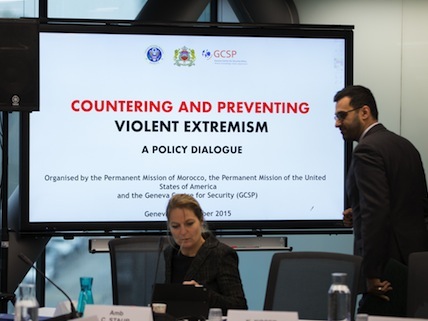Recently from Jesse Walker:
In practice, CVE’s efforts are already focused overwhelmingly on Muslims. But the big question here shouldn’t be which groups ought to be the program’s targets. It’s whether the program should exist at all. No matter whether it’s aimed at Islamists, white nationalists, or anyone else, the CVE approach has two big problems.
First: It rests on the idea that the best way to root out terrorism is to fight “radicalization.” This idea has support among both Democrats and Republicans, but the evidence supporting it is sparse. When investigators at the British think tank Demos (not to be confused with the U.S.-based liberal group of the same name) spent two years studying the differences between violent and nonviolent radicals, they found that while nonviolent radicalism can be a stepping stone to terrorism, it can draw people away from terrorism too. Meanwhile, there were other forces pulling people into terrorism that didn’t have much to do with ideology at all. Other probes have reached similar conclusions. So the focus here is all wrong: Radical ideas do not usually lead to violent tactics, and violent tactics do not emerge only from radical ideas.
Second: That focus can lead to some serious civil liberties problems. “Even though the agencies running the programs promised that they wouldn’t use CVE for intelligence purposes (as they did in earlier iterations of it), the program itself is designed to teach community members, teachers, police, social workers, and religious leaders to identify and report to law enforcement people showing signs of ‘radicalization,'” comments Michael German, a former FBI agent who now hangs his hat at the Brennan Center for Justice. So in practice, he argues, you get “soft surveillance,” and that surveillance “is intended to suppress ideas, which is likely to cause more problems than solve them. It encourages the identification, reporting, and ‘treatment’ of people with bad ideas, which will only lead to misuse of security resources and deprivation of civil liberties.”
Needless to say, that sort of surveillance can itself radicalize people. So CVE also runs the risk of contributing to the very process it’s meant to stop.
–Jesse Walker, Don’t Rebrand the ‘Countering Violent Extremism’ Program—Just End It
Reason, 2 February 2017



